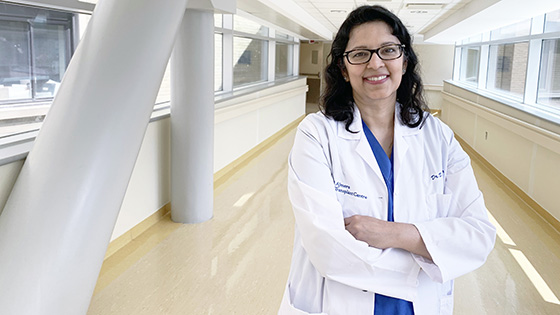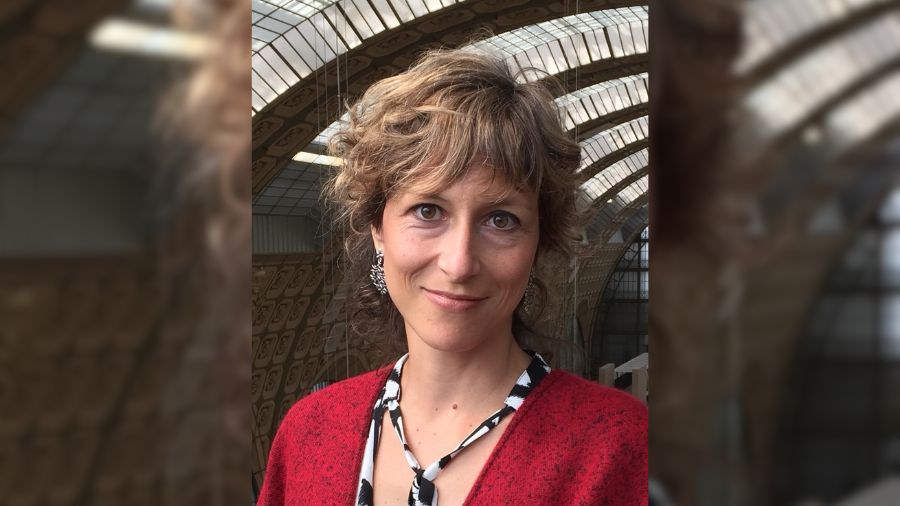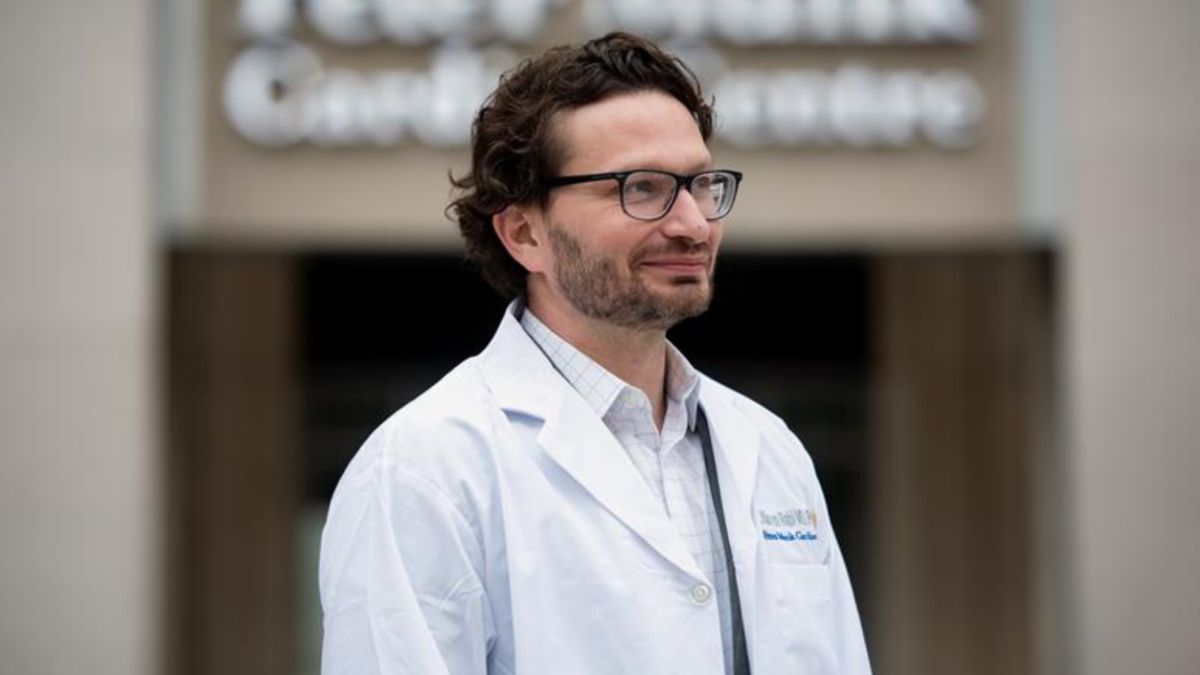Dr. Joseph Kim, Director of the Kidney Transplant Program, Ajmera Transplant Centre, UHN, and President of the Canadian Society of Transplantation, calls joining the Living Donor Circle of Excellence “a win-win for both potential living donors and their employers.” (Photo: UHN)
University Health Network has joined the Living Donor Circle of Excellence, a collaboration of the Canadian and American Societies of Transplantation (CST, AST), which aims to eliminate the financial costs of living organ donation by recognizing companies that support living donation through providing lost wages.
A “living donation” happens when a person who is alive gives either a kidney or a part of their liver to someone in need of a transplant. Living donor transplants provide a shorter pathway to better health with better long-term outcomes compared to deceased donor transplants. They also provide the benefits of a planned surgery.
“Living donation is life-saving,” explains Dr. Deepali Kumar, Director of Transplant Infectious Diseases, Ajmera Transplant Centre, UHN, and President-Elect, AST. “But the majority of employers consider living donation to be an elective surgery; since the donor isn’t sick, they don’t qualify for paid sick leave.
“We need to do all that we can to remove this barrier to donation.”
In addition to a rigorous testing process – which ranges from blood work to treadmill stress tests to CT scans – living donors require three to eight weeks of recovery post-surgery, depending on the organ they donate.
In many cases, the potential loss of income incurred through the testing process and post-surgery recovery prevents healthy individuals from going ahead with donation.

Since its launch in 2020, the Living Donor Circle of Excellence has taken off. UHN joins Queen’s University, Pacific Coastal Airlines, the Provincial Health Services Authority and a handful of other employers.
The Centre for Living Organ Donation at UHN is a supporting partner actively engaged in efforts to expand Circle membership and ensure living donors get supports they need.
“The CST/AST Living Donor Circle of Excellence is a win-win for both potential living donors and their employers,” says Dr. Joseph Kim, Director of the Kidney Transplant Program, Ajmera Transplant Centre, UHN, and President, CST.
“For employers, they are more likely to have someone on their payroll who needs a transplant rather than someone looking to be a living donor,” Dr. Kim says. “For the living donor, they have security going into the process and aren’t forced to choose between saving a life or losing their livelihood.”
Shifting the paradigm
When transplants were put on hold earlier in the pandemic (with the exception of liver and heart transplants), living donors and transplant recipients were frustrated to learn that their surgeries were considered “elective” – a label living donation could shed as the Circle of Excellence expands.
“We know that living donation is life-saving – and life-saving procedures shouldn’t be considered elective,” says Diana Elder, Vice President, People & Culture, UHN.
“There needs to be a paradigm shift when it comes to living donor transplantation,” Diana says. “By joining the Circle of Excellence, UHN is putting its weight behind this shift and encouraging people to see living donor transplantation for what it really is: a necessary procedure that helps save lives.”



